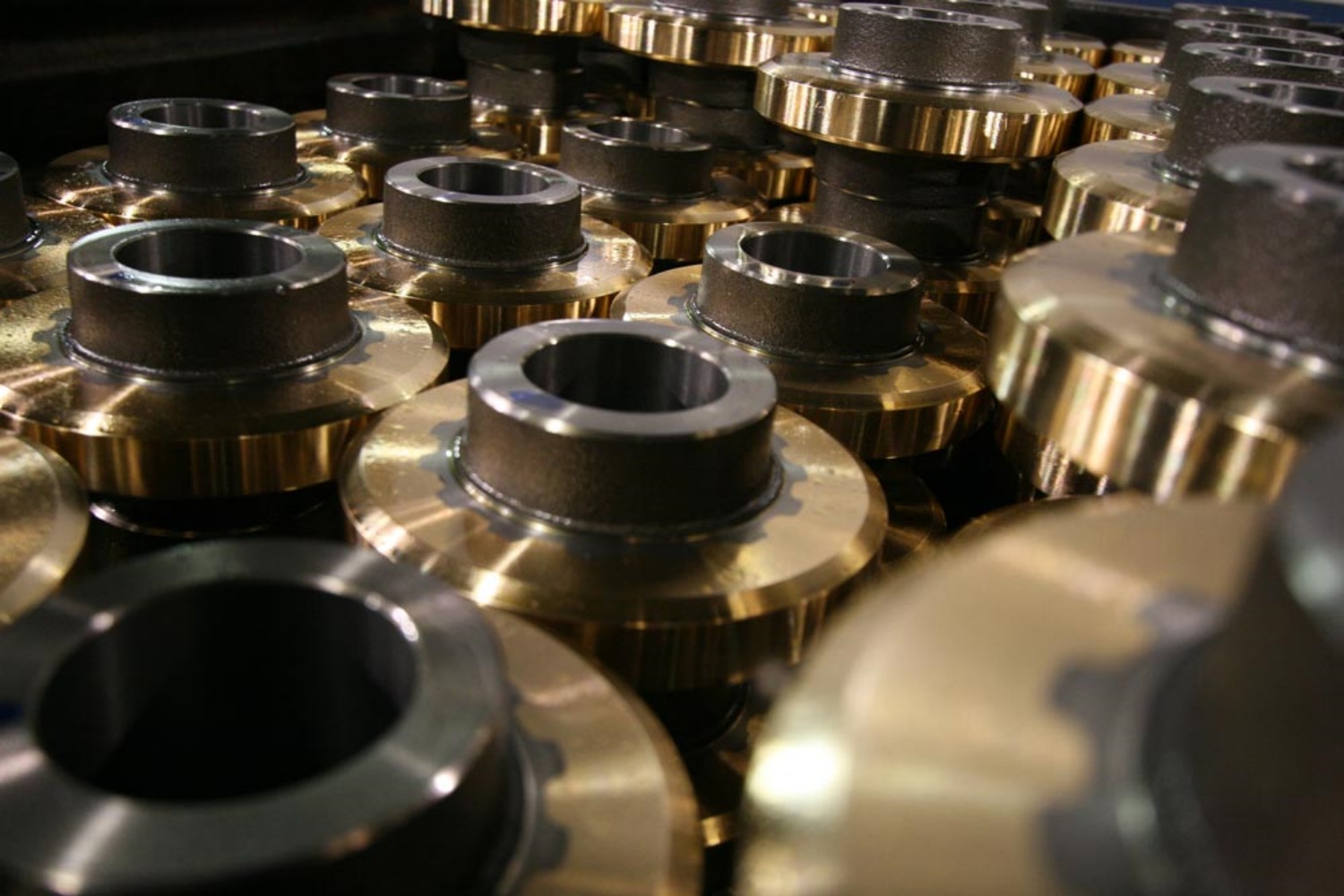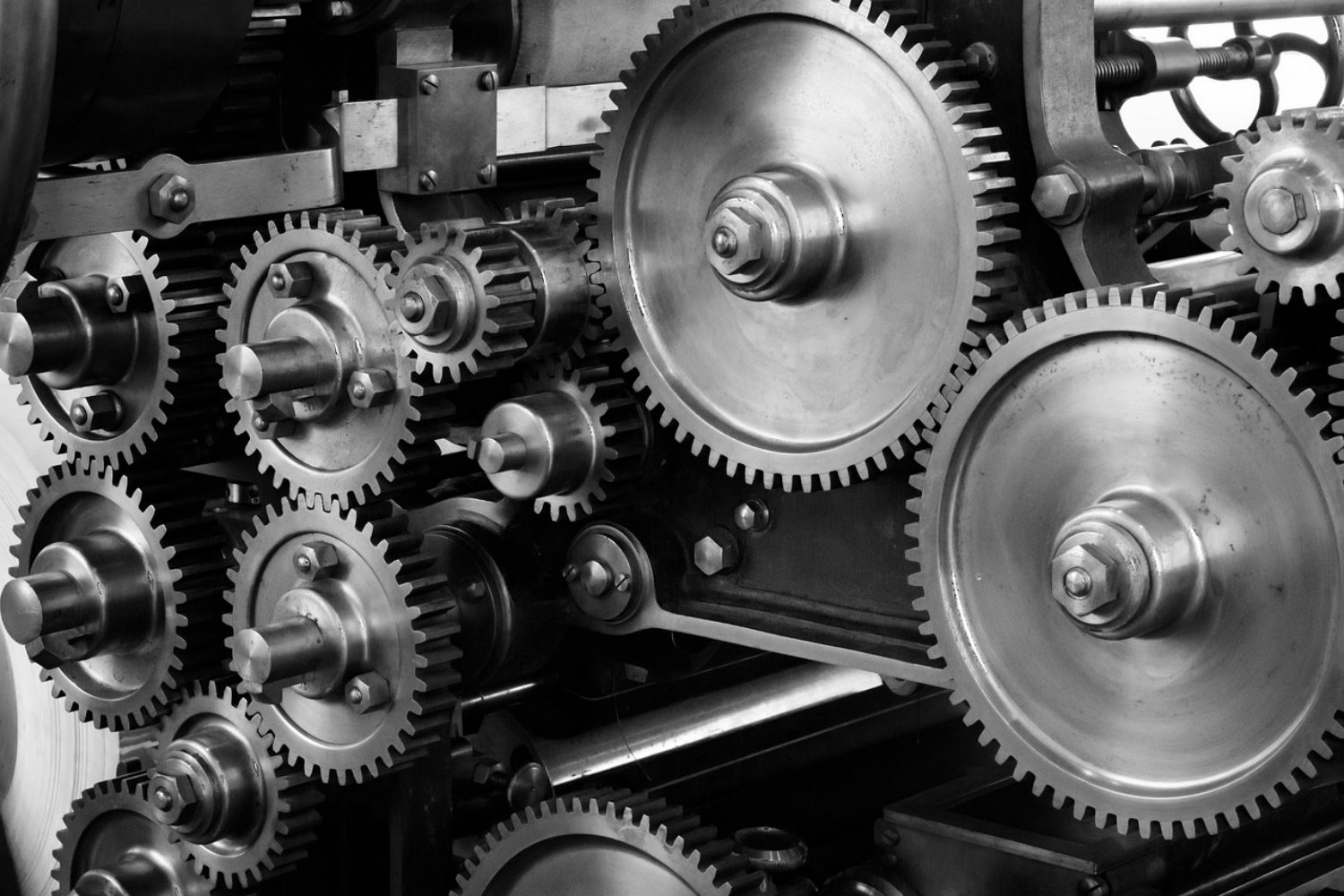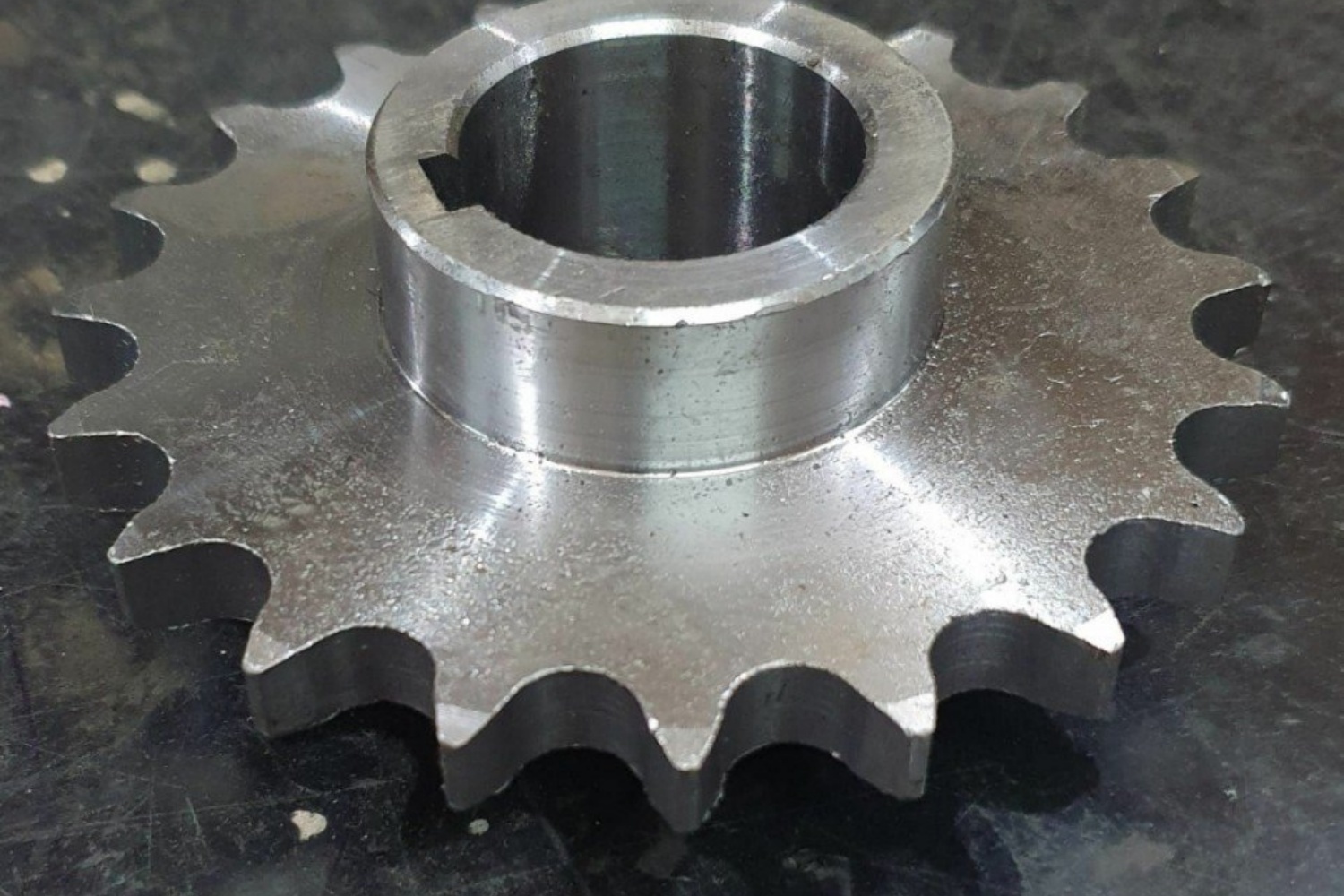In the world of mechanical power transmission, chain couplings have been a staple for decades, providing a reliable method of connecting rotating shafts. Characterized by the use of roller chains, these couplings have evolved significantly to meet the changing needs of modern industry. And some innovations meet more applications
1. Enhance the durability of materials
One of the key innovations in chain coupling design involves the use of advanced materials. Modern chain couplings are typically made from high-strength alloys and heat-treated steel. These materials offer exceptional durability, corrosion resistance, and the ability to withstand heavy loads and harsh environmental conditions. Using such materials can extend the life of chain couplings and reduce maintenance costs and downtime.
2. Precision engineering improves performance
Advances in precision engineering have enabled the development of chain couplings with improved performance characteristics. Manufacturers use computer-aided design (CAD) and finite element analysis (FEA) to optimize the shape and size of coupling components. This results in smoother operation, reduced backlash, and improved torque transfer efficiency.
3. Lubrication and sealing innovations
Proper lubrication is critical to the smooth operation and longevity of your chain coupling. Modern designs often feature innovative lubrication systems including self-lubricating bushings or seals to retain lubricant and prevent contamination. These advancements reduce maintenance requirements and improve overall performance.
4. Compact and space-saving design
As industries demand more compact, space-saving machinery, chain coupling manufacturers have responded with innovative designs. Compact chain couplings efficiently transmit power in limited spaces without sacrificing performance. These designs are particularly valuable in applications such as robotics and automation.
5. Improved shock and vibration damping
In many industrial environments, machinery is exposed to shock loads and vibrations that can lead to premature wear and failure. Modern chain couplings incorporate innovative shock-absorbing features such as elastomers or spring-loaded elements to dampen vibrations and protect connected equipment. This is particularly important for industries such as mining and construction.
6. High temperature applications
Some industries, such as steel manufacturing and foundries, require chain couplings that can operate in high-temperature environments. Innovations in heat-resistant materials and lubricants allow chain couplings to perform well in these demanding conditions without sacrificing performance.
7. Customization and adaptability
Modern chain coupling manufacturers recognize that every application is unique. They offer a wide range of customization options, allowing engineers to tailor couplings to specific requirements. This adaptability is critical in industries where off-the-shelf solutions may not suffice.
8. Integrate with IoT and condition monitoring
The integration of chain couplings with Internet of Things (IoT) and condition monitoring systems is one of the latest innovations. Sensors embedded in couplings can provide real-time data on operating conditions, enabling predictive maintenance and reducing unplanned downtime.
Innovations in chain coupling design have transformed these important components into high-performance, adaptable and reliable solutions that meet the needs of modern industry. Whether it’s to enhance durability, improve accuracy or meet unique application needs, manufacturers are continuing to push the limits of chain couplings. As the industry evolves, these innovations will play a vital role in ensuring the efficiency and reliability of mechanical power transmission systems across industries.
CONTINUE READING
Related Posts
In the ever-evolving world of industrial machinery, the quest for components that enhance performance, durability, and efficiency is relentless. Among […]
In the vast field of industrial machinery, the importance of specific components can sometimes be overshadowed by the complexities of […]
Agricultural machinery plays a vital role in modern farming, contributing to increased efficiency, productivity, and profitability. At the heart of […]





